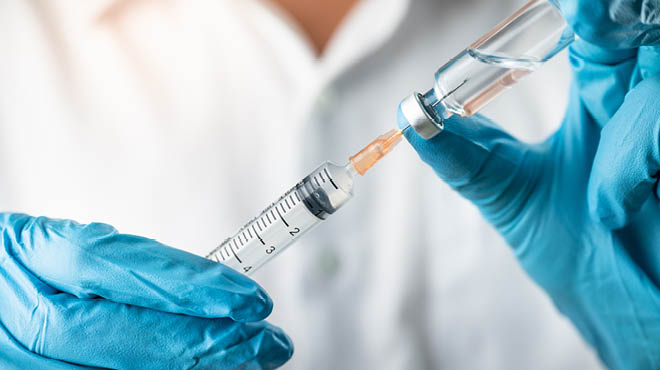

As we see the lies and misinformation spread across social media there are things we can do. Tell the truth and state the facts. If people didn’t get the polio vaccine or the measles and mumps vaccines, many people would have died. Additionally, people have been getting vaccinated as infants, toddlers and preschoolers for decades. Read on for more about Vaccines have been saving lives for the past century.
Vaccinations for children under the age of six
Infants, toddlers and preschoolers have been getting vaccines since they were born. In fact, just minutes after you are born, you are given the HEP B vaccine. Further, so many people have no idea what Hepatitis B is and what it does to the human body. However here is a brief explanation. Hepatitis B is a serious liver infection that destroys the liver and kills approximately 1 million people a year. To clarify click the LINK to see full list of vaccines your children have received.
Corona Virus-SARS research
Vaccines have been saving lives for the past century
The Covid-19 vaccine didn’t happen over night or in a vacuum. The platform from where the vaccine emerged was in research and developments for years. Let’s first look at what vaccines are and how they work. This is what the Mayo Clinic has to say:
Here are answers to 6 common questions about vaccines:
1. What are vaccines?
Vaccines help your immune system fight infections faster and more effectively. They are made of small amounts of weak or dead germs. When you get a vaccine, it sparks your natural immune response, helping your body fight off and remember the germ so it can attack it if the germ invades again. Vaccines provide long-lasting immunity to serious diseases without the risk of serious illness.
2. Do vaccines work?
Before a vaccine is recommended for use in the U.S., the Food and Drug Administration (FDA) ensures it works and is safe.
Since vaccines were invented, the number of people who get sick or die from vaccine-preventable diseases has dropped significantly. Childhood illnesses and deaths in the U.S. also have decreased significantly due to vaccines given in childhood.
3. Are vaccines safe?
All vaccines must be approved for licensing by the FDA before they can be used. FDA regulations for the development of vaccines help ensure their safety, purity, potency and effectiveness. Before a vaccine can be approved, highly trained FDA scientists and doctors evaluate results of studies on safety and effectiveness of the vaccine, and inspect vaccine manufacturing sites. These evaluations follow extensive testing by a vaccine’s manufacturer.
The FDA also requires that vaccines undergo three phases of clinical trials with human subjects before they can be licensed for use. Safety continues with FDA and Centers for Disease Control and Prevention (CDC) monitoring after a vaccine is licensed.
The U.S. has the safest vaccine supply in its history, according to the CDC. Its long-standing vaccine safety system ensures vaccines are as safe as possible. Learn more about how the vaccine safety process works.
4. Is natural immunity better than vaccination?
A natural infection might provide better immunity than vaccination, but there are serious risks. For example, a natural chickenpox, or varicella, infection could lead to pneumonia, or encephalitis, which is a serious infection of the brain. The natural polio infection could cause permanent paralysis. A natural mumps infection could lead to deafness. Varicella or rubella infection in a pregnant woman could lead to serious birth defects or death of her unborn baby. Vaccination can help prevent these diseases and potentially serious complications.
Vaccines have been saving lives for the past century
5. Who do vaccines protect?
Vaccines don’t just protect you. They also protect the people around you.
Germs can quickly travel through a community and make a lot of people sick. If enough people get sick, it can lead to an outbreak or a pandemic. But when enough people are vaccinated against a disease, the germs can’t travel as easily from person to person, and the entire community is less likely to get the disease.
That means even people who can’t get vaccinated, such as those with weak or failing immune systems, will have some protection from getting sick. And if a person gets sick, there’s less chance of an outbreak or pandemic because it’s harder for the disease to spread.
6. Do vaccines have side effects?
While vaccines can cause side effects, most are rare, mild and short-lived. In rare cases, a vaccine can cause a serious problem, such as a severe allergic reaction. The CDC, and the FDA via the Vaccine Adverse Event Reporting System, track serious reactions and events related to vaccines. This is a national early-warning system to detect possible vaccine safety issues in the U.S. Anyone can report an event to Vaccine Adverse Reporting System, including patients and health care providers. This information is used to ensure vaccine safety in the U.S.
In conclusion
In short, if you have questions or concerns about vaccines, we encourage you to talk to your health care provider. We hope that you have learned something new from Vaccines have been saving lives for the past century. Please share this article with someone you love today.






Be the first to comment